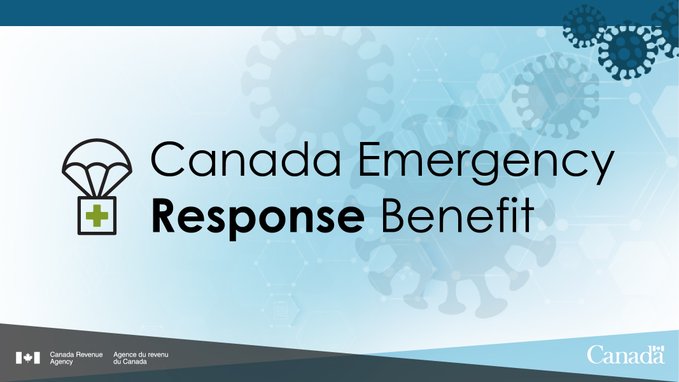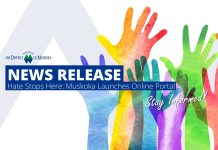The Canada Emergency Response Benefit (CERB) helped more than 8 million Canadians pay for things like food and rent when the federal Government asked people to stay home and flatten the curve.
The CERB’s eligibility criteria were made as broad and inclusive as possible so that workers who needed support could get it; especially for the self-employed whose income takes different forms.
As announced in February, self-employed workers who applied for the CERB and would have qualified based on their gross income are not required to repay the benefit, provided they also met all other eligibility criteria. Today, the Government of Canada announced further details on how this approach will be applied.
Self-employed workers whose net self-employment income was less than $5,000 and who applied for the CERB will not be required to repay the CERB, as long as:
- They have filed their 2019 and 2020 income tax returns by December 31, 2022;
- Their gross self-employment income was $5,000 or more in 2019 or in the 12 months prior to their initial application; and
- They met all other CERB eligibility criteria.
The CRA will review the 2019 and 2020 income tax returns of workers in this situation to verify that these conditions are met.
Starting on May 27, 2021, self-employed workers who meet the remission order criteria and who had voluntarily repaid all or part of the CERB to the CRA or Service Canada can request a reimbursement of their payments only from the CRA. These workers can do so by completing the CRA’s CERB Reimbursement Application for Self-Employed Individuals form and submitting it to the CRA electronically or by mail.
The CRA will begin processing applications after June 15, 2021. Eligible Canadians who repaid the CERB can expect reimbursements within approximately 90 days of submitting their applications to the CRA.








